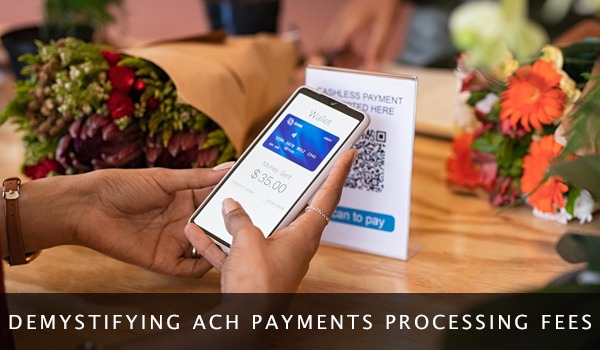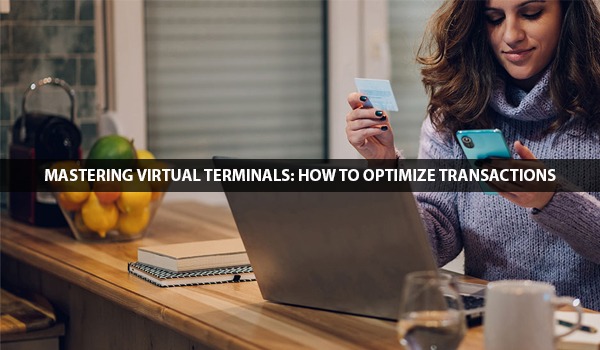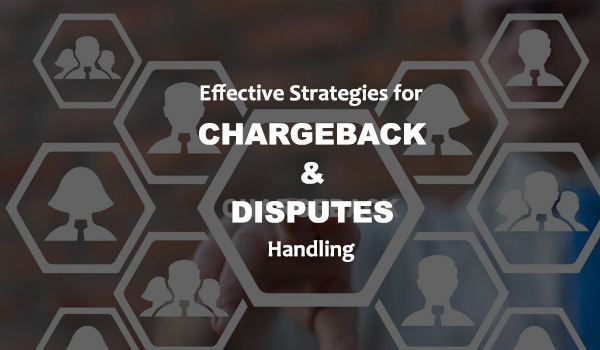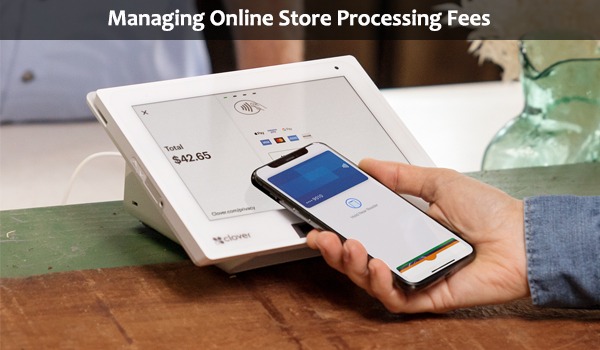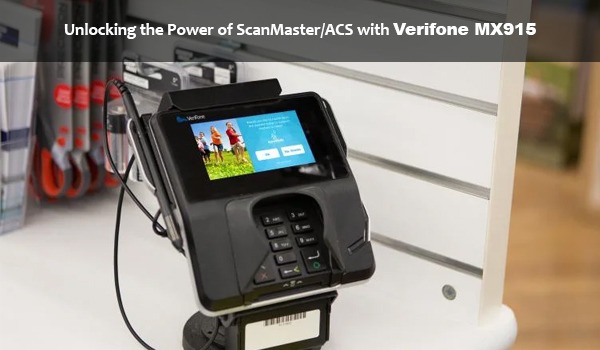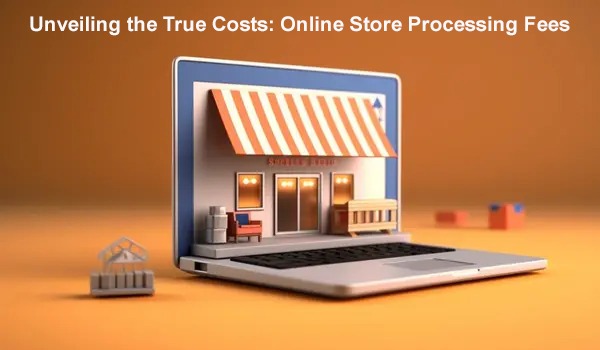
Introduction to Online Store Processing Fees
The Basics of Processing Fees
At their core, processing fees are the charges you incur every time a customer makes a payment online. These fees are paid to payment processors, which are essential for securely handling transactions from various payment methods, including credit cards and digital wallets.
Why Processing Fees Matter
For businesses big and small, processing fees can eat into profit margins. While they may seem insignificant on a per-transaction basis, they add up, affecting your overall profitability and pricing strategy.
The Common Misconceptions
Many people think that all processing fees are the same or that you're stuck with the rates your payment processor offers. This isn't true. Rates can vary widely, and understanding this can save you a lot of money.
The Breakdown of Online Store Processing Fees
Payment Gateway Charges
Definition and Role
A payment gateway is the middleman that securely processes your payment online. Think of it as the digital equivalent of a physical payment terminal in a store.
Common Fee Structures
Fee structures can range from flat rates per transaction, percentages of the transaction amount, or a mix of both. It's a jungle out there!
Examples from Leading Providers
For instance, PayPal charges a percentage plus a fixed fee per transaction, while Stripe offers a similar structure. The exact numbers might vary, but they both play by this rulebook.
Transaction Fees
How They Differ from Gateway Charges
Transaction fees are charges assessed for each payment processed, on top of what payment gateways charge. Yes, it's fees on fees!
Variable vs. Fixed Fees
Some platforms opt for a fixed fee per transaction, while others adjust the fee based on the transaction size. This can hugely impact whether you're dealing with pennies or pounds.
Impact on Small vs. Large Transactions
Smaller transactions might feel the pinch more, percentage-wise, than larger ones. It's a delicate balance to strike.
Additional Hidden Costs
Monthly/Annual Fees
Some providers might also charge a monthly or annual fee for using their services, adding to the overall cost.
Chargeback Fees
Got a dispute? Chargeback fees come into play when customers question transactions, potentially adding unexpected costs.
Currency Conversion and International Fees
Selling globally? Watch out for currency conversion and international fees, which can vary widely.
The Complex Landscape of Processing Fees
Types of Fees
Did you know there are different types of fees associated with online transactions? Here's a brief rundown:
- Transaction fees: Charged each time a transaction is processed.
- Monthly fees: Fixed fees charged by some providers for the use of their services.
- Setup fees: One-time charges for setting up your account with a payment processor.
Fee Structures Explained
The world of processing fees has a few common pricing models:
- Flat-rate: A fixed percentage and possibly a fixed fee for each transaction.
- Tiered: Different rates applied based on the type of card used or transaction size.
- Interchange-plus: A fixed fee plus the interchange rate set by credit card networks.
Comparison of Processing Fees Across Platforms
A Closer Look at Popular E-commerce Platforms
Shopify
Shopify is known for its simplicity, but remember to factor in the cost of using external payment gateways.
WooCommerce
WooCommerce itself is free, but integrating payment processing isn't. The choice of payment gateway will dictate your fees.
BigCommerce
BigCommerce offers built-in payment solutions with competitive rates, making it a contender for cost-conscious businesses.
Payment Processors and Their Fees
First Data
First Data, now part of Fiserv, offers a comprehensive suite of payment processing solutions tailored to various business needs. With a wide range of services and customizable pricing options, First Data is a reliable choice for businesses of all sizes seeking flexibility and efficiency in their payment processing operations.
PayPal
PayPal is ubiquitous but remember, convenience comes with its costs, especially for international transactions.
Stripe
Stripe's appeal lies in its straightforward fees and extensive feature set, ideal for growing businesses looking for scale.
Square
Square stands out for its flat-rate transaction fees, appealing to businesses with consistent transaction sizes.
Analyzing the Cost for Small Businesses vs. Large Enterprises
Economy of Scale
Larger businesses can often negotiate better rates due to higher volumes, whereas small businesses might find themselves paying more per transaction.
Choosing the Right Platform Based on Volume
Your transaction volume should guide your choice of platform and payment processor, aiming for the best rates and lowest fees.
Strategies to Minimize Processing Fees
Choosing the Right Payment Gateway and Processor
Research is your best friend here. Look for the best match based on your average transaction size and volume.
Matching Your Business Size and Volume
Don't overcommit to services designed for businesses much larger or smaller than yours. Fit is crucial.
Negotiating Fees with Providers
Sometimes, a simple conversation can lead to reduced fees. It's worth asking!
Implementing Best Practices for Payment Processing
Encouraging Preferred Payment Methods
Promote payment methods with lower fees to save both you and your customer some cash.
Reducing Chargebacks and Frauds
Invest in security measures to keep chargebacks and fraud to a minimum, thereby avoiding unnecessary fees.
Hybrid Models and Alternative Payments
Considering Subscription Models for Recurring Revenues
Subscriptions can streamline revenue and potentially lower transaction fees through batch processing.
Exploring Cryptocurrencies and Mobile Payments
Don't be afraid to explore the new kids on the block, like cryptocurrencies and mobile payments, for potentially lower fees.
The Future of Processing Fees in Online Stores
Technological Advances and Their Impact
AI, machine learning, and blockchain could revolutionize processing fees, making transactions faster, cheaper, and more secure.
Regulatory Changes and Their Implications
Keep an eye on global and local regulations as they evolve, potentially favoring more transparent and affordable fee structures.
Consumer Trends Shaping Processing Fees
A push for transparency and alternative payment methods might see businesses adopting more customer-friendly fee practices.
Conclusion
Understanding and managing online store processing fees isn't just a task for the finance department; it's a critical part of running a successful online business. By demystifying these costs, negotiating better rates, and staying informed about changes in the industry, you can improve your bottom line significantly. Remember, it's not just about reducing costs but also about making smart choices that support your business's growth and customer satisfaction. Dive in, ask questions, and don't settle for less than your business deserves.


